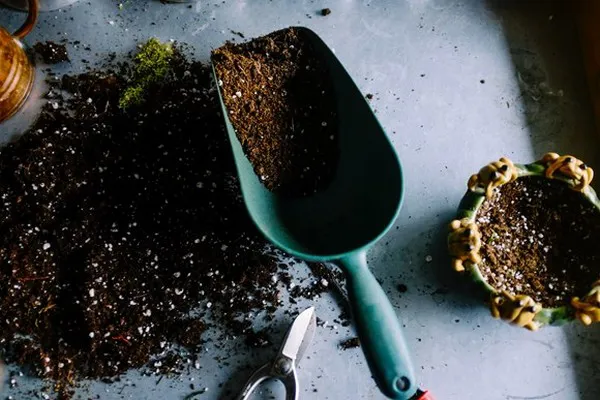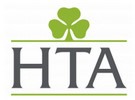Unlocking the complexities of the peat debate by encouraging collaboration of the broad range of industry stakeholders to produce a roadmap the removal of peat from growing media is the focus of a new taskforce, coordinated by the Horticultural Trades Association (HTA).
It aims to reinvigorate efforts to tackle the issue of peat use in horticulture, with representatives from each area of the industry producing a plan by the end of February defining a realistic timetable for achieving what a peat-free supply chain and outline the barriers that need to be overcome. This work will help inform Defra’s forthcoming England Peat Strategy.

Leading growers, representatives from retail and landscaping and experts from manufacturing will work alongside stakeholders including the Association of Professional Landscapers (APL), National Farmers Union (NFU) and Royal Horticultural Society (RHS), to represent each part of the sector and develop relevant actions within this new workplan.
The complex issue of finding suitable alternatives to satisfy the needs of professional growers and hobby gardeners alike has been the focus of efforts by parts of the horticulture sector for many years, with peat-use falling in 2020 to its lowest ever level.
Speaking of his ambitions for the new group, James Barnes, HTA Chairman, said: “The debate around peat use is nuanced and complex and to successfully negotiate a way forward we must take a more strategic approach. By working in a coordinated way with representatives from the whole supply chain we will have an aligned industry approach to peat-use for the first time. By the end of February, we will have a clear action plan, objectives across the board and timescales for when we can realistically expect results.”
The newly formed taskforce sees each part of the industry represented and responsible for tackling the relevant part of the problem. It will focus on key issues including:
- Tackling obstacles that stand in the way of removing peat from professional growing media – how can plants be produced in less peat-based media
- How to encourage consumers to adopt peat-free when purchasing either plants or compost products
- Introducing a responsible sourcing scheme with logos at point of sale to inform customers of product provenance and relative responsibility score
- Improving the quality and availability of data concerning composition
Jonathan Marquis, Head of Garden Centre Operations at Lovania and a member of the HTA’s Ornamentals Management Committee, said: “For growers, the issue of sourcing good quality growing media in reliable quantities is the crux of the matter. The industry joining forces to approach the problem from all directions, with proper coordination, is a very positive approach.”
Mike Burks, Chairman of the GCA and Managing Director of The Gardens Group, said: “Consumers have more of an interest than ever in the environmental impact of peat and, as retailers, we need to be able to respond with appropriate products and information. This taskforce is a real opportunity for the industry to offer information and education alongside choice to customers.”
Neil Bragg, Chairman of the Growing Media Association (GMA), said: “With the recent announcement from Bord na Mona confirming they are to stop harvesting peat in Ireland, there is more urgency than ever to understand the picture around alternatives and their cost and availability. I see this group as the best chance the industry has to see the work that’s been started begin to have an impact.”
Dave Sewell, Chairman of the APL, said: “As an industry we source thousands of plants each year, so the landscaping sector has an important role to play in this endeavour. By committing to being a part of this taskforce, we can make a real impact in terms of influencing the wider supply chain.”
With the HTA coordinating a joined-up approach to interacting with government, aligning policy inputs to policymakers, the stage is set for the whole supply chain to play its part in supporting real change.
For more information: Horticultural Trades Association
Horticultural Trades Association
www.the-hta.org.uk
